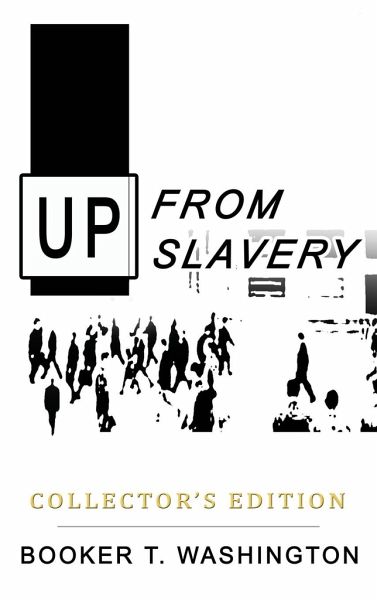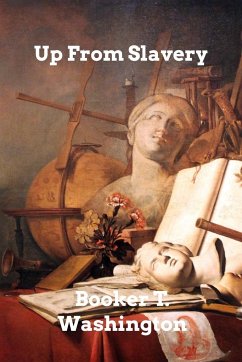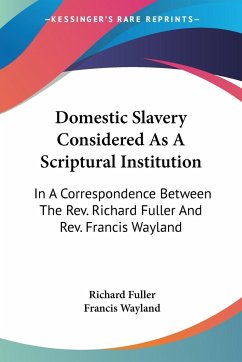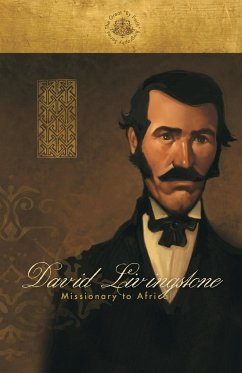
Up from Slavery
Collector's Edition
Versandkostenfrei!
Versandfertig in 1-2 Wochen
21,99 €
inkl. MwSt.

PAYBACK Punkte
11 °P sammeln!
This hardcover collector's edition is cleanly formatted for easy reading. In his book, Up from Slavery, Booker T. Washington shares his personal experiences and how he rose from a slave child during the Civil War to a successful and influential speaker, educator and leader. In it he describes the extreme difficulties and obstacles he had to overcome to acquire an education and to help other black people and people of minorities to do so as well. This book is a call to action for disadvantaged groups to lift themselves up and make something great of their lives. It is an invitation to the under...
This hardcover collector's edition is cleanly formatted for easy reading. In his book, Up from Slavery, Booker T. Washington shares his personal experiences and how he rose from a slave child during the Civil War to a successful and influential speaker, educator and leader. In it he describes the extreme difficulties and obstacles he had to overcome to acquire an education and to help other black people and people of minorities to do so as well. This book is a call to action for disadvantaged groups to lift themselves up and make something great of their lives. It is an invitation to the underdog to aim for excellence, with no excuses. Despite his low beginnings, or perhaps because of them, Booker T. Washington surpassed not only the slave life and mentality but went above and beyond and became an advisor and friend to the presidents of the United States. His hard work and message still have far-reaching and permanent effects today. Washington was an incredibly strong man, of exquisite mind and character, and to know him, through his book, is to be improved forever.












